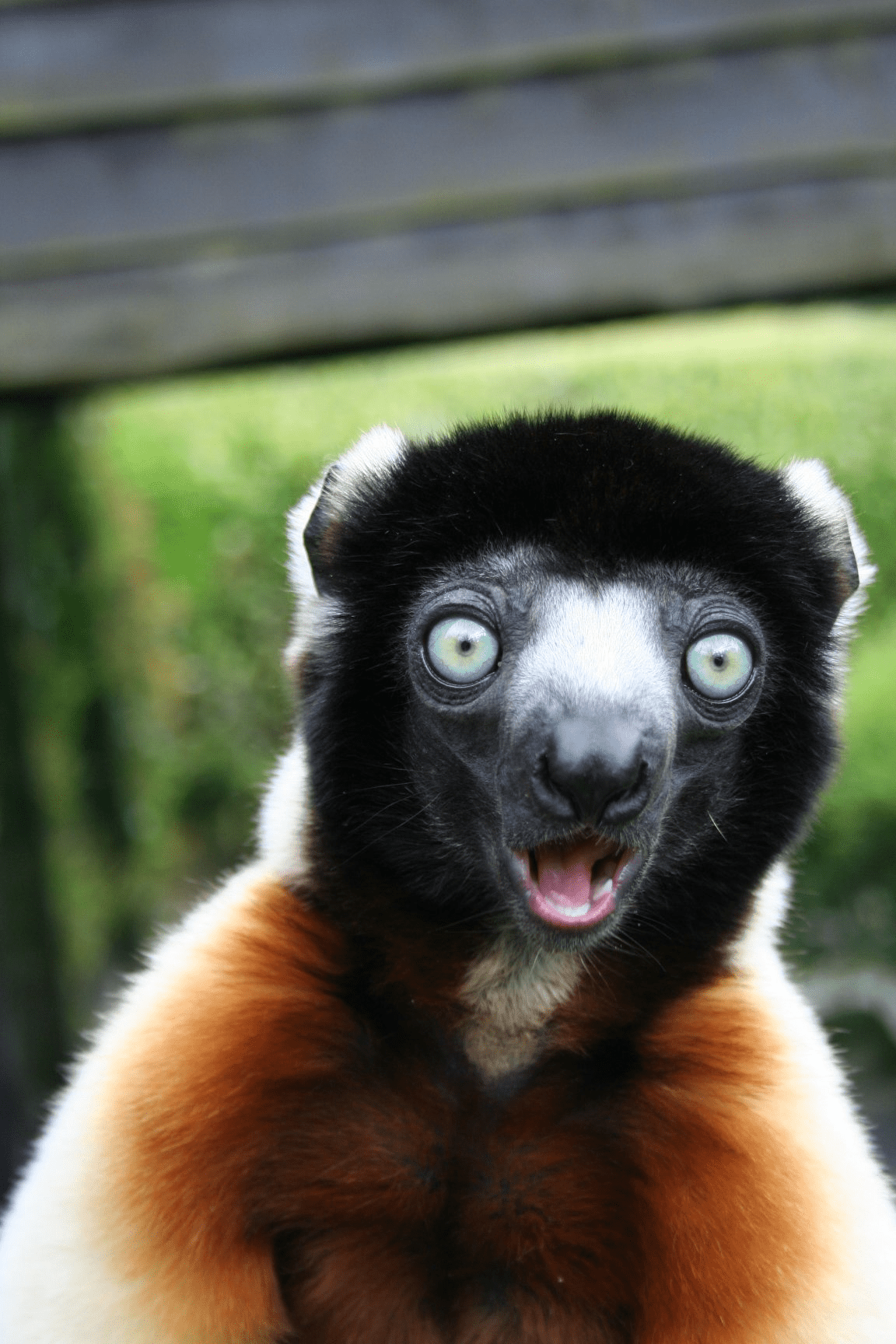
404, oops…this page isn’t here
Hop over to our search or swing back to our home page.
Still lost? Please email [email protected] and tell us what you’re looking for.

Hop over to our search or swing back to our home page.
Still lost? Please email [email protected] and tell us what you’re looking for.